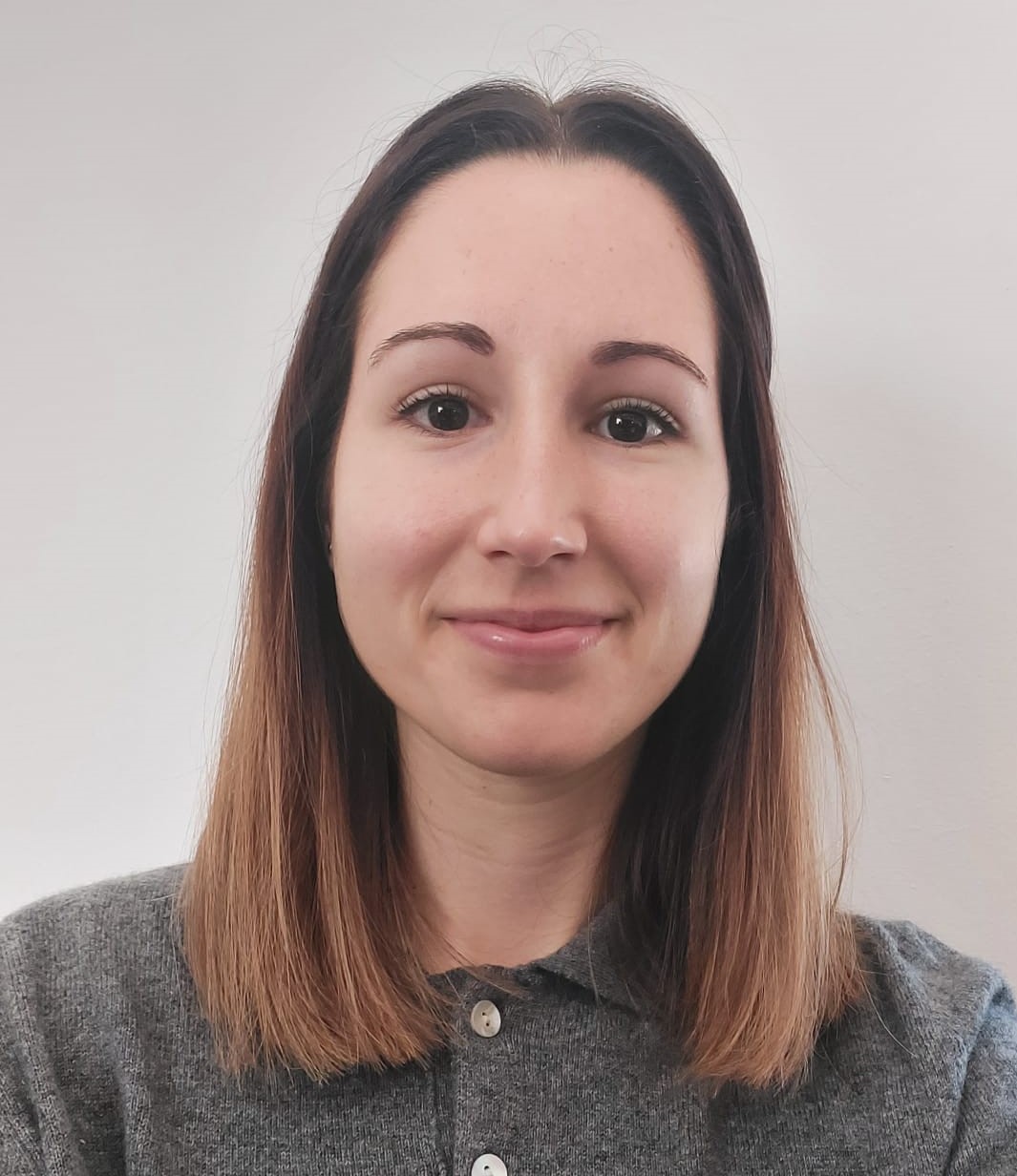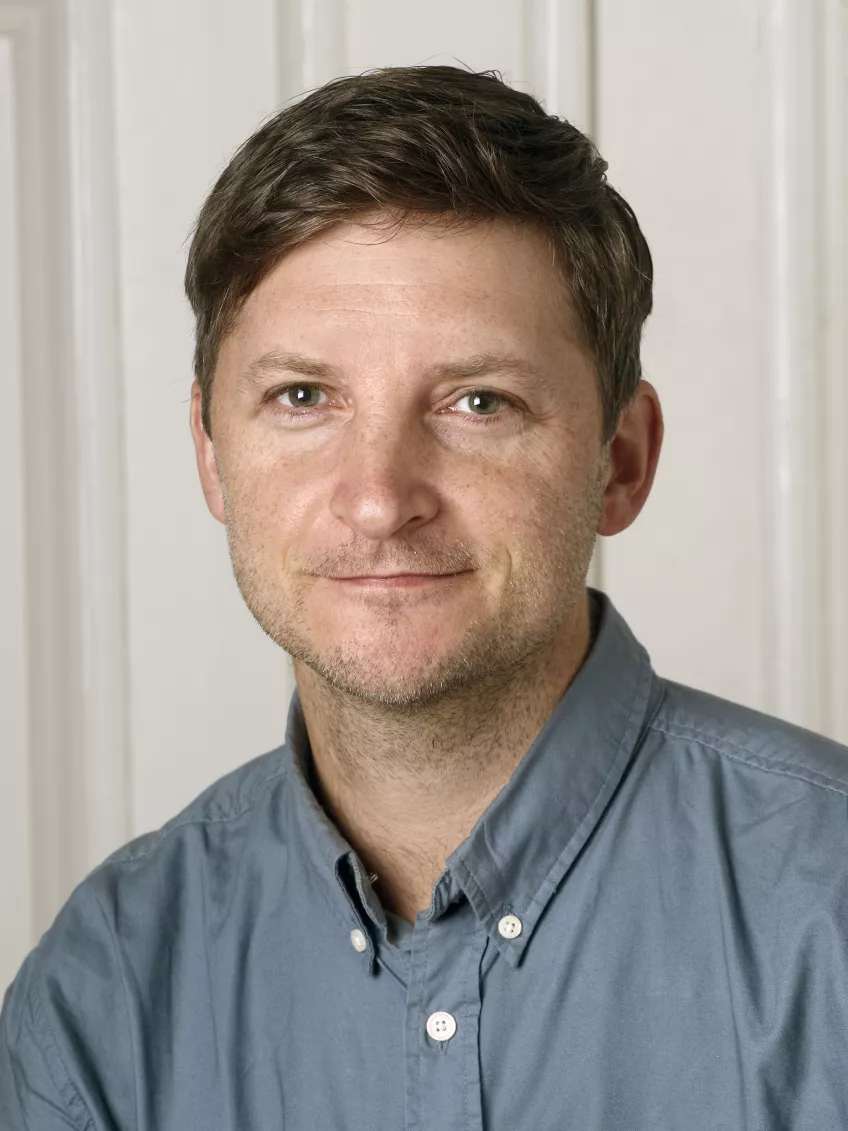Development of new therapies targeting innate immune checkpoints in leukemia
Purpose and aims
The overall goal of the project is to identify new potential targets and ultimately develop novel immunotherapeutic approaches for Acute myeloid leukemia (AML). To achieve this goal, the project will focus on the following four steps (specific aims):
- Identification of cell surface proteins (CSP) on AML cells that suppress the innate immune system using ex vivo CRISPR screens.
- in vitro validations of hits from the CRISPR screens to confirm their role as immune check point regulators of NK cells and macrophages.
- Validation of selected candidates in vivo and evaluate therapeutic effects of inhibiting them.
State of the art
Acute myeloid leukemia (AML) is a heterogeneous malignancy characterized by a clonal expansion and accumulation of immature myeloid blast cells in the bone marrow. The disorder suppresses normal hematopoiesis and ultimately lead to bone marrow failure1. AML is a challenging disease because in spite of treatment options available, overall survival is poor2 and refractory disease and relapse are common3,4. Hence, there is a strong medical need for identifying new therapeutic approaches.
A particular feature of AML is the presence of a subset of cells with self-renewing and leukemia-initiating capacities, referred to as leukemia stem cells (LSC), which are linked to chemotherapy resistance and disease relapse, the main cause of poor survival of AML patients5–7. One of the major concerns in the oncology field is the capacity of malignant cells to overcome immune-checkpoints. Tumour cells evade immunosurveillance by tricking the immune defences into not killing them, thus allowing disease progression8,9. In particular, AML cells inhibit the innate immune system, such as Natural killer (NK) cells and macrophages. Emerging research into potential immunotherapeutic approaches in treating AML showed promising results but also some limitations, such as the targeting of proteins not exclusively expressed in leukemia cells, low immune responses and resistance mechanisms10,11. This outcome highlights the need to identify reliable biomarkers and develop novel approaches to target immune checkpoints in AML.
References
- Döhner, H., Weisdorf, D. J. & Bloomfield, C. D. Acute myeloid leukemia. N. Engl. J. Med. 373, 1136–1152 (2015).
- Burnett, A., Wetzler, M. & Löwenberg, B. Therapeutic advances in acute myeloid leukemia. J. Clin. Oncol. 29, 487–494 (2011).
- Papaemmanuil, E. et al. Genomic classification and prognosis in acute myeloid leukemia. N. Engl. J. Med. 374, 2209–2221 (2016).
- McMahon, C. M. & Luger, S. M. Maintenance therapy in acute myeloid leukemia: What is the future? Semin. Hematol. 56, 102–109 (2019).
- Shlush, L. I. et al. Tracing the origins of relapse in acute myeloid leukaemia to stem cells. Nature 547, 104–108 (2017).
- Dick, J. E. Acute myeloid leukemia stem cells. Ann. N. Y. Acad. Sci. 1044, 1–5 (2005).
- Ishikawa, F. et al. Chemotherapy-resistant human AML stem cells home to and engraft within the bone-marrow endosteal region. Nat. Biotechnol. 25, 1315–1321 (2007).
- Darvin, P., Toor, S. M., Sasidharan Nair, V. & Elkord, E. Immune checkpoint inhibitors: recent progress and potential biomarkers. Exp. Mol. Med. 50, 1–11 (2018).
- Carlsten, M. & Järås, M. Natural Killer Cells in Myeloid Malignancies: Immune Surveillance, NK Cell Dysfunction, and Pharmacological Opportunities to Bolster the Endogenous NK Cells. Front. Immunol. 10, 1–18 (2019).
- Le Roy, A. et al. Immunomodulatory drugs exert anti-leukemia effects in acute myeloid leukemia by direct and immunostimulatory activities. Front. Immunol. 9, 1–14 (2018).
11. Beyar-Katz, O. & Gill, S. Novel approaches to acute myeloid leukemia immunotherapy. Clin. Cancer Res. 24, 5502–5515 (2018).


